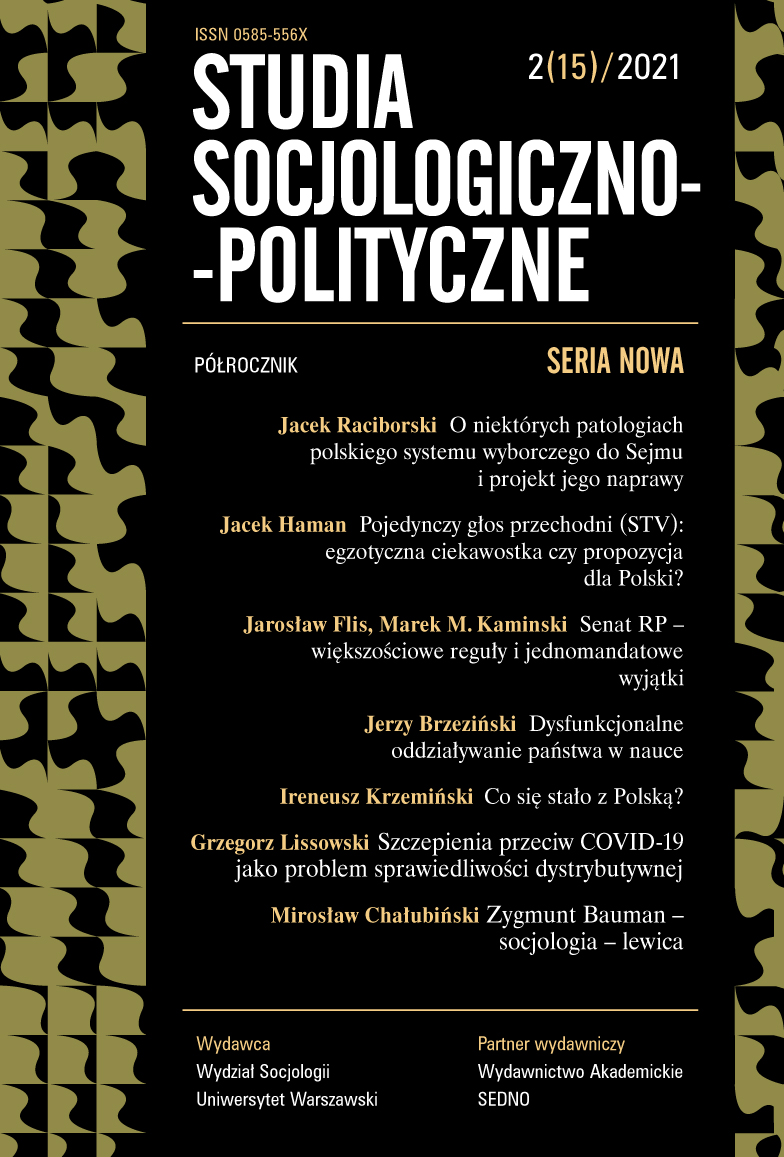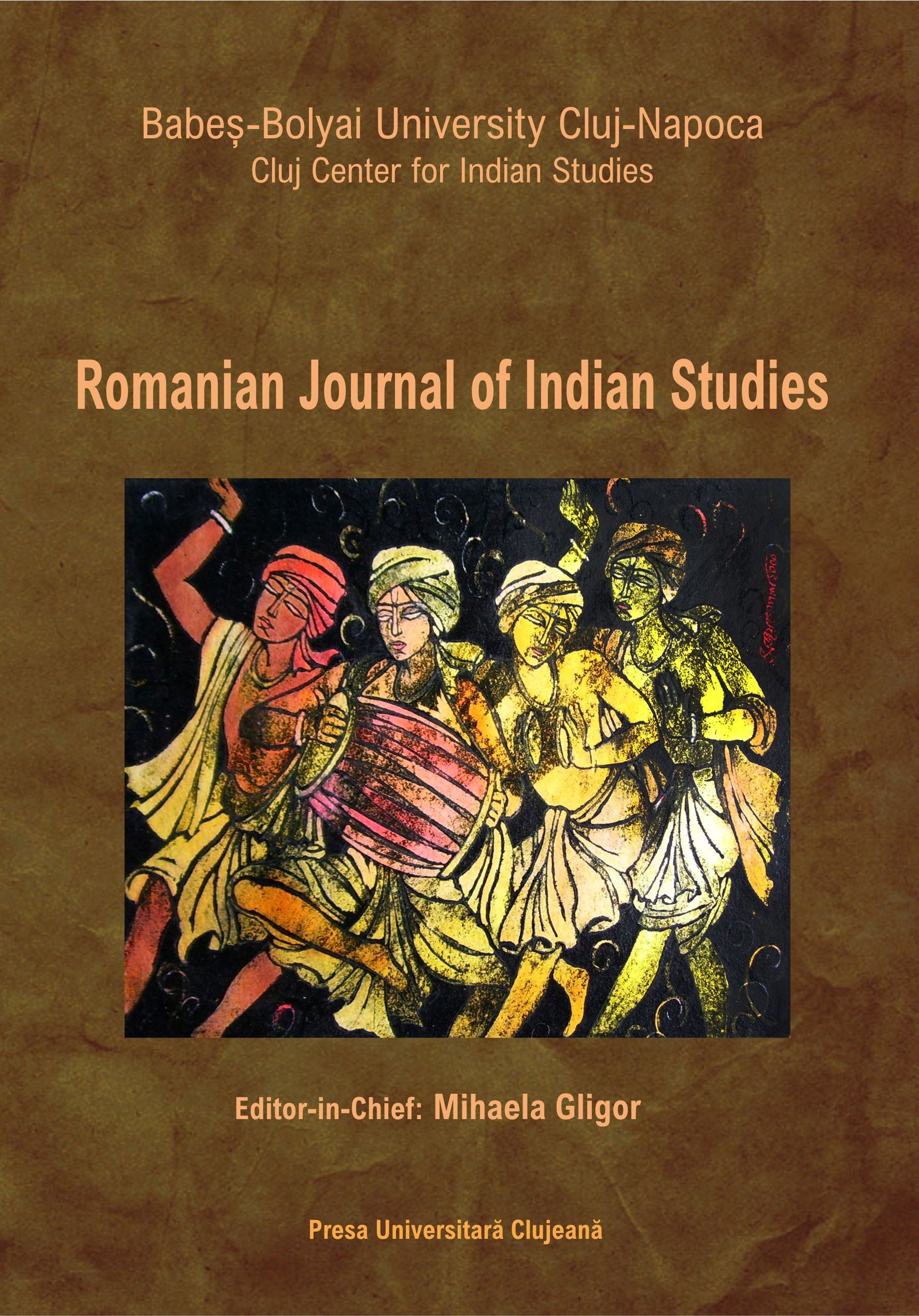
ASSESSING THE SCOPE OF LEGAL IMMUNITY IN MODERN LEGAL SCIENCE: THE NEED FOR QUESTIONING UNDER UKRAINIAN LAW
Everyone is born equal and expects to be treated similarly before the law in cases involving criminal activity and other obligations. It is problematic to have some people immune to legal consequences because they enjoyed special treatment in the eyes of the legislation meant to protect them. The issue we must bring up is crucial, as there is always the need to conduct a thorough investigation into the commission of crimes to secure justice. However, the tendency is that as far as immunity is on the individual concerned, this would frustrate the prosecution process. In this vein, it was proposed that this study investigate how immunity relates to today’s state of the law. We will look at an analytical approach to determine if immunity’s status has changed due to the rise of modern legal science. The paper overviews the legal framework adopted in Ukraine concerning immunity given to certain public servants.
More...


